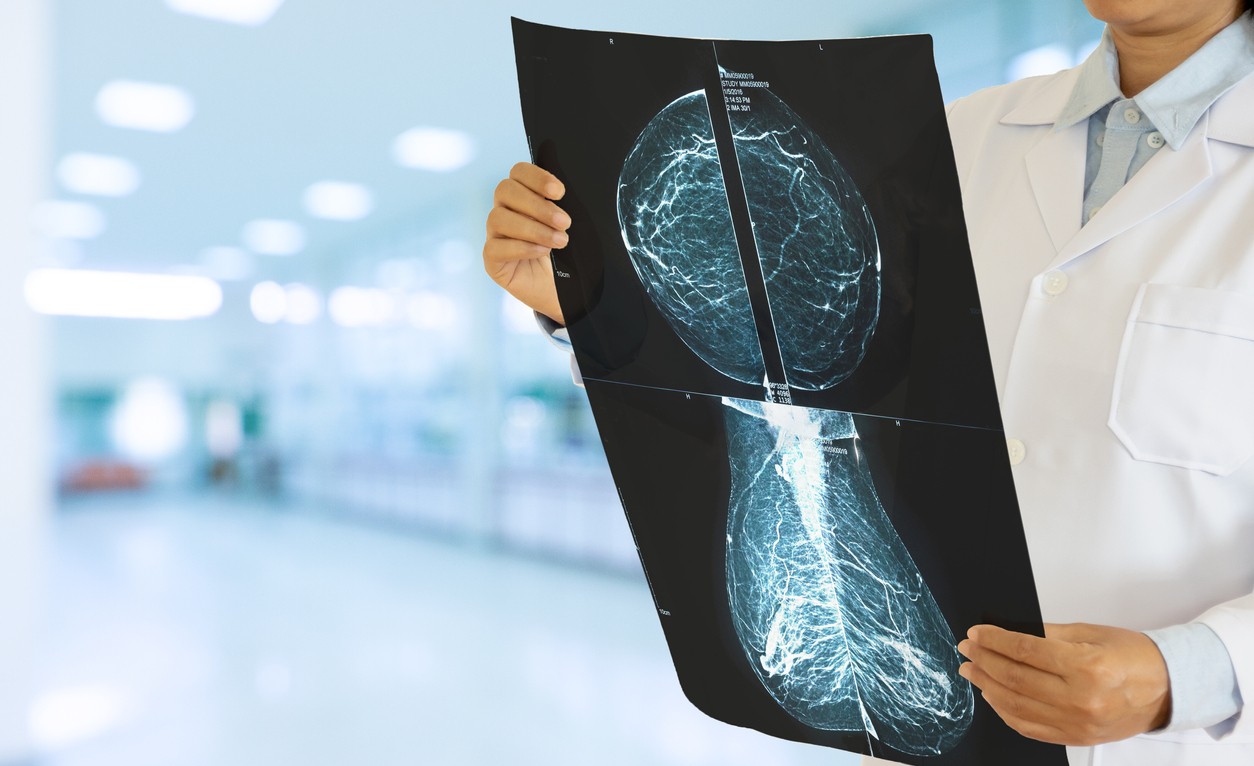- 2,058

More Health Systems Likely to Drop Out of Medicare Advantage, Analyst Predicts
Claims denials, prior authorizations are just some of the reasons, he says
More health systems are going to be opting out of Medicare Advantage (MA) plans, George Hill, a managing director at Deutsche Bank in Boston, predicted Monday at a "Wall Street Comes to Washington" webinar hosted by the Brookings Institution.
"I think you're going to see more large provider organizations threaten to opt out of networks, particularly as it relates to MA," Hill said, adding that there are a number of reasons for this. "Prior authorizations are the problem, claims denials are a huge problem, delayed payments and rates are the problem -- barriers in access to care in all varieties are the problem."

